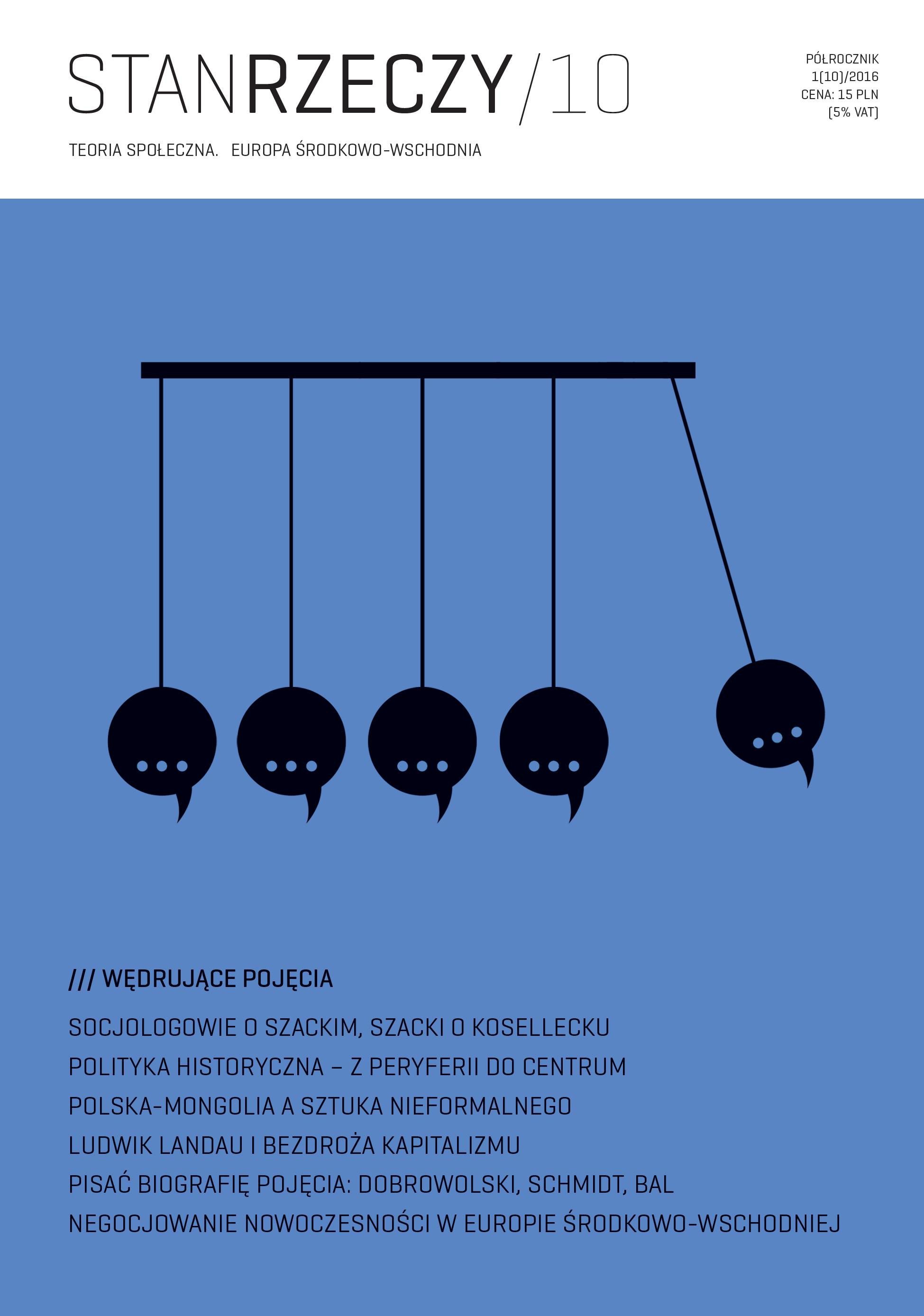
We kindly inform you that, as long as the subject affiliation of our 300.000+ articles is in progress, you might get unsufficient or no results on your third level or second level search. In this case, please broaden your search criteria.




Stefan Nowak’s thesis on the sociological vacuum is the most frequently referenced statement on Polish society. This article introduces how Polish society was perceived “from the outside” by the use of the vacuum concept and shows attempts to apply the concept to other societies. The sociological vacuum is compared to other similar concepts: the loss of community, the hourglass society, and the missing middle approach. The concept’s travel between four domains (Solidarity, civil society, social capital, and the qua- lity of democracy) is presented. The concept of the sociological vacuum has not travelled beyond the Polish context because it is strongly connected to the assumption of Polish uniqueness. During its travels through various thematic domains, the concept transformed, and it is currently a buzzword used to explain phenomena undesired by sociologists.
More...
This article is about problems related to translations in the social sciences and their circulation in the contemporary world. Drawing on Pierre Bayard’s concept of “non-reading”, the author reconstructs the ideal of scientific translation and analyses the ideological consequences of the orientation it produces in translators’ work and its impact on the creation of sociological knowledge and on the academic teaching of sociology in particular.
More...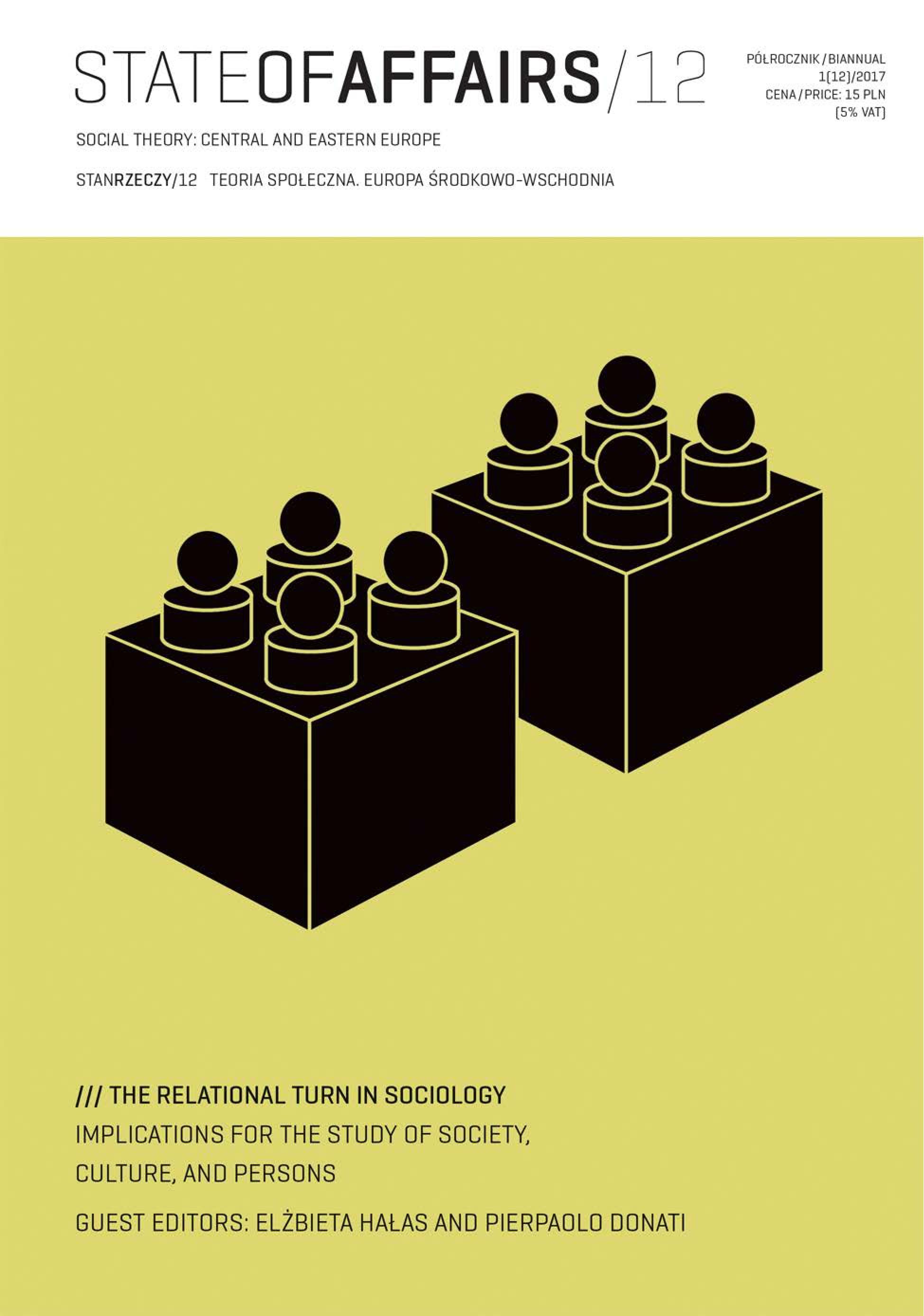

The paper presents a general outline of the author’s relational sociology,showing it to be different from other relational sociologies, which are,in fact, figurational, transactional, or purely communicative. Relational sociologyis conceived as a way of observing and thinking that starts from the assumption that the problems of society are generated by social relationsand aims to understand, and if possible, solve them, not purely on the basisof individual or voluntary actions, nor conversely, purely through collectiveor structural ones, but via new configurations of social relations. Thesocial is relational in essence. Social facts can be understood and explainedby assuming that “in the beginning (of any social fact there) is the relation.”Ultimately, this approach points to the possibility of highlighting thoserelational processes that can better realize the humanity of social agentsand give them, as relational subjects, the opportunity to achieve a goodlife in a society that is becoming increasingly complex as the processes of globalization proceed.
More...
This article is an analysis of three original variants of relational sociology. Jan A. Fuhse’s conception, which is part of the tradition of social network research, situates network analyses in the context of connections between culture and symbolic forms and styles. Fuhse’s idea involves a communicative base of relations, and he perceives institutions as spheres of communication that reduce uncertainty and activate roles in the process of communication. François Dépelteau’s approach, which is inspired by Dewey’s pragmatism, recognizes transaction fields as configurations of relations forming interdependency between people. The practices of actors entering transactions within social fields are important, and this makes it possible for an impression of continuity, order, and complexity to be created. Pierpaolo Donati’s relational realism is an attempt to describe the relational dimensions of human actions, while at the same time it is a consistent “relationization” of key social categories, and is also useful in understanding after-modernity. This article emphasizes the fruitfulness of new attempts to demarcate sociological genealogies and to read the classics of relational sociology. The author discusses the creation of new puzzles for sociological theory, the necessity of analysing the ontologies of social life, the phenomena of emergency and agency, and the use of relational theory in regard to categories of the common good and social capital. He encourages multidimensional and multilevel analyses of social reality.
More...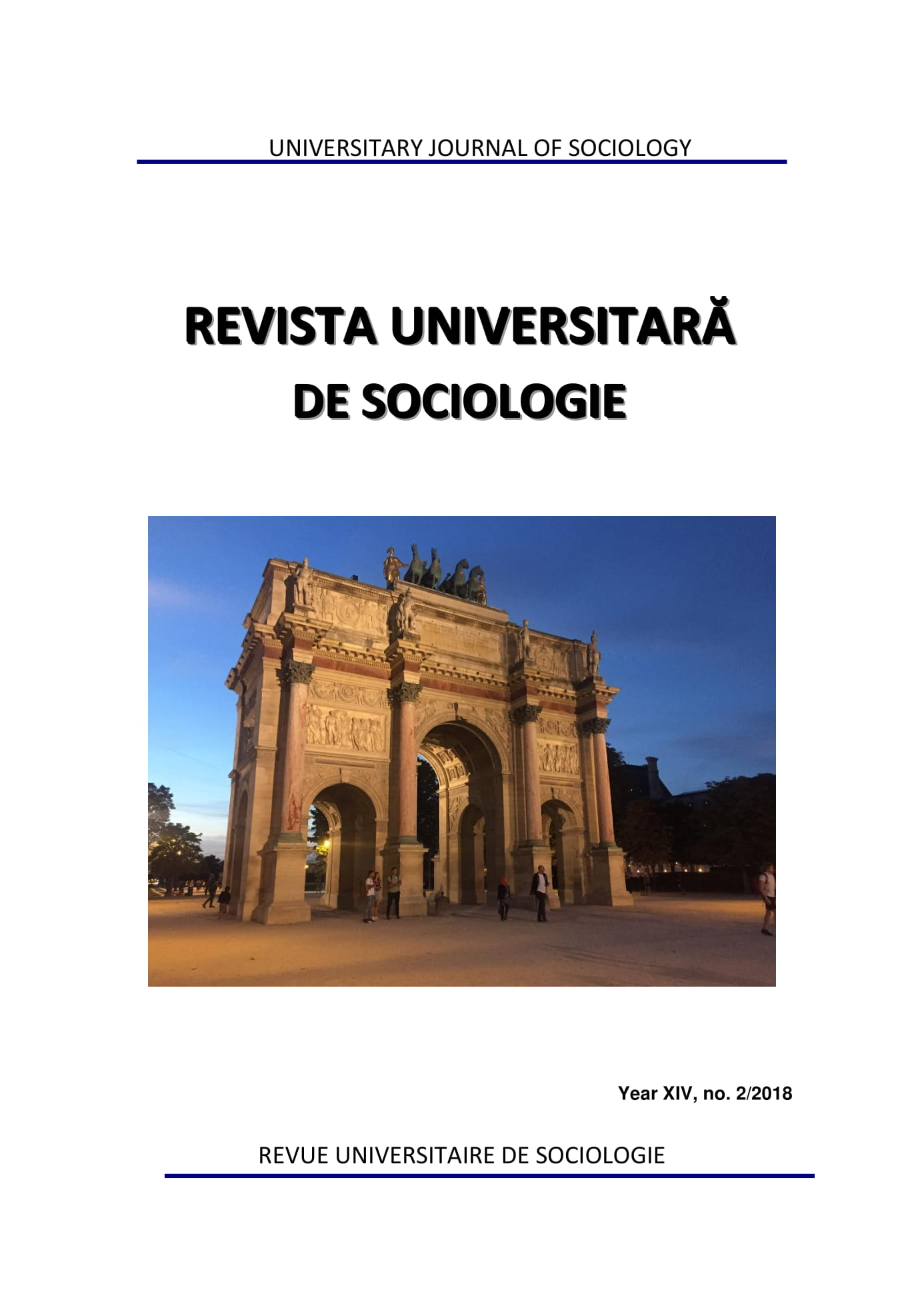
Starting from the hypothesis that, if sociology is an epistemic image of a socially evolving reality, then sociology logically finds itself in the constant redefinition of its explanatory fundamentals (Buzărnescu, 2007), the question "are still valid its traditional concepts in the understanding of contemporary realities, completely changed?" appears perfectly legitimate. In addition, the offensive pragmatism, which is specific to our days, frequently brings to question the place and role of the sociological approach in the area of decision-making bodies, increasingly vulnerable to various journalistic and political projects, either failed (the Soviet experiment, for example), or controversial nihilism (globalism). With the stated intention to bring praxiological testimonies on the current status of sociology as a discipline of study, institution and profession, I propose a map of sociology inspired by the map of the chemical elements in the Mendeleev table similar to the map of logic proposed by Petre Botezatu in the year 1972.
More...
The author starts with the thesis that social change is a challenge to social research. Two levels of social change are pointed out: planetary changes and changes in countries in transition. The modern society identity problem initiates the problem of the identity of sociology, i.e. a professional discourse about sociology itself and its self reflexiveness. On a planetary level, the challenges presented are developmental disproportions: North-South relations, confrontations of different civilisations (cultures), a manifestation of environmental crises of planetary proportions as a new pecuIiarity of modern society, etc. The question is raised whether sociology can understand modern society. Changes of transition represent a new social context of developmental issues, especially those of modernization - social (changes of ownership structures, institutions, democracy in general) and technological (shutdown of unprofitable plants, unemployment, environmental risks and environmental pollution, etc.). Discussions about sociology have become topical even in societies in transition. Sociology cannot ignore these changes.
More...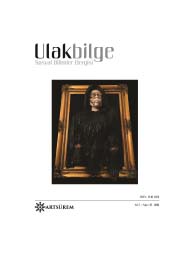
The center-periphery theory, which analyzes the post-19th century modernization process of Turkey, has two main distinguishing features. The first is that the historical process in question is explained using the concepts of “contradiction” and “conflict.” This attitude allows us to see the center-periphery theory in a dialectical method approach. The explanation of Turkish modernization through a dialectical method approach is an original attempt. However, the Mardin’s dialectic is not a Marxist but a Hegelian dialectic. He discusses the contradictions between the low classes and the high bureaucracy in Turkey in terms of culture and tradition. When the social change process in Turkey is evaluated in terms of the center-periphery theory, the cultural-traditional values of the periphery established superiority over the secular politics of the center and made it regress. Although Mardin, in his own theory, makes mention of the triumph of the periphery over the center, this does not necessarily mean that the periphery, which is composed of large segments of the society, establish an economic and class power over the center. Although the low classes made the bureaucracy accept the tradition, they still remained as the low classes. This situation necessitates the center-periphery theory to be discussed through a comparison with Marxist dialectic. The purpose of this study is to discuss the center-periphery theory through a Marxist critique.
More...
The article presents, in the first part, an analysis of statistical data on several cultural institutions (theatres, cinema, libraries, books and museums) in Romania, between the years following the first world war and nowadays times. Each of the three main periods between 1938 and 2016 is studied separately: interwar period; communism; the period of transition, after December 1989. The results are showing a general upword development trend, with some discrepancies between some of the institutions. As for public libraries and cinemas, communism seems to be the most prolific period, for books and museums present times are the most “productive”. Every institutions has its own up and down, which can be seen from the five graphics embeded in the text. In the second part, a short view on the cultural life in Romania between the two World Wars is ellaborated, looking upon cultural personalities and facts. The article intends to offer a wide perspective image,yet not exhaustive, upon the cultural sphere in Romania, in almost one hundred years of social development.
More...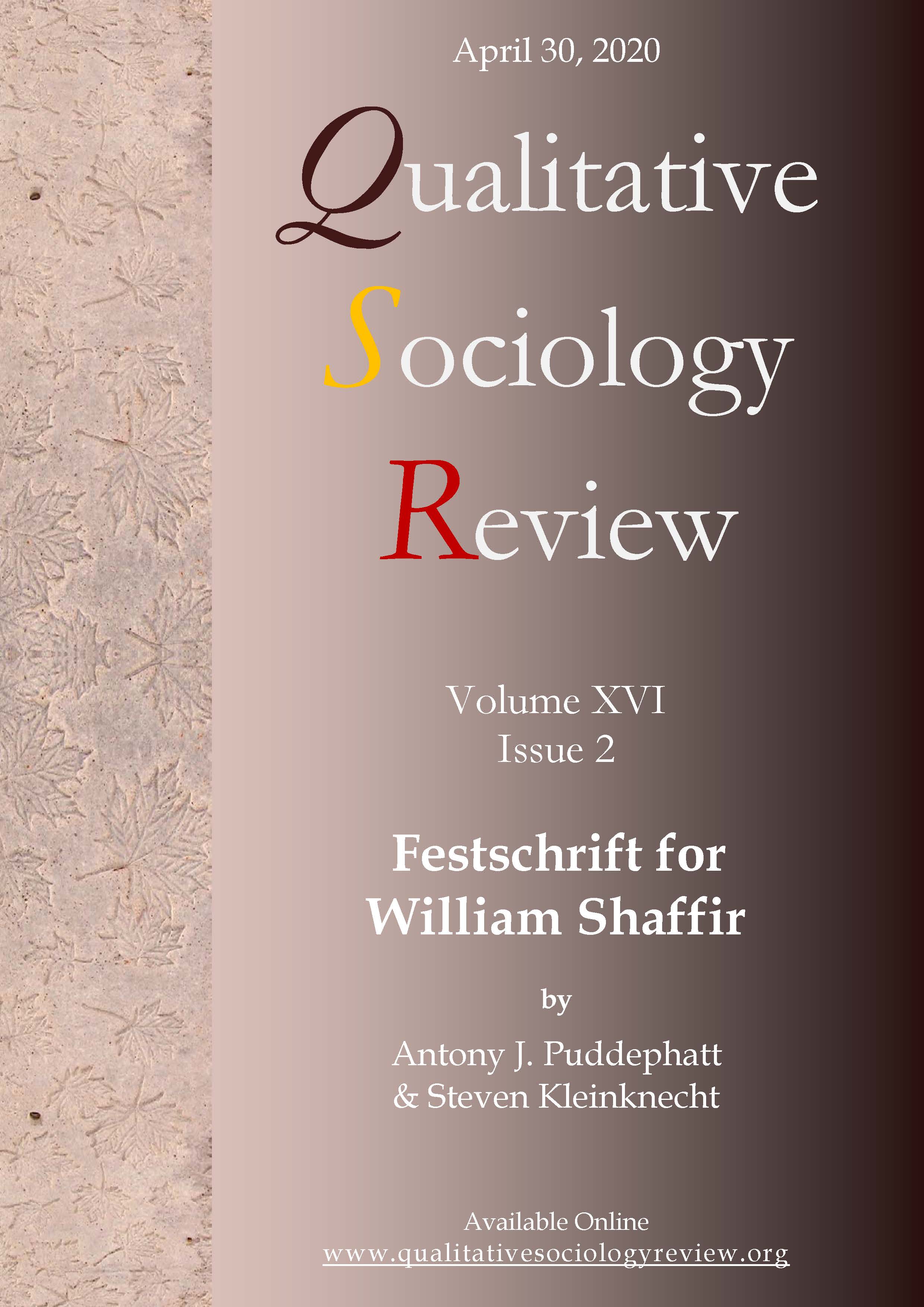
In this paper, I discuss the invaluable role played by William Shaffir, my mentor and doctoral supervisor, who shaped my approach to interpretive fieldwork and deepened my understanding of symbolic interactionist theory. Known affectionately as Billy to his colleagues and students, Shaffir is a gifted educator and one of the finest ethnographic researchers of his generation. My focus is on how the scholarly tradition that flows from Georg Simmel through Robert Park, Herbert Blumer, and Everett C. Hughes, passed from Billy on to me, is illustrative of what Low and Bowden (2013) conceptualize as the Chicago School Diaspora. This concept does not refer to the scattering of a people, but rather to how key ideas and symbolic representations of key figures associated with the Chicago School have been taken up by those who themselves are not directly affiliated with the University of Chicago. In this regard, while not a key figure of the Chicago School himself, Shaffir stands at the boundary between the Chicago School of sociology and scholars with no official relationship to the School. As such he is a principal interpreter of the Chicago School Diaspora in Canadian Sociology.
More...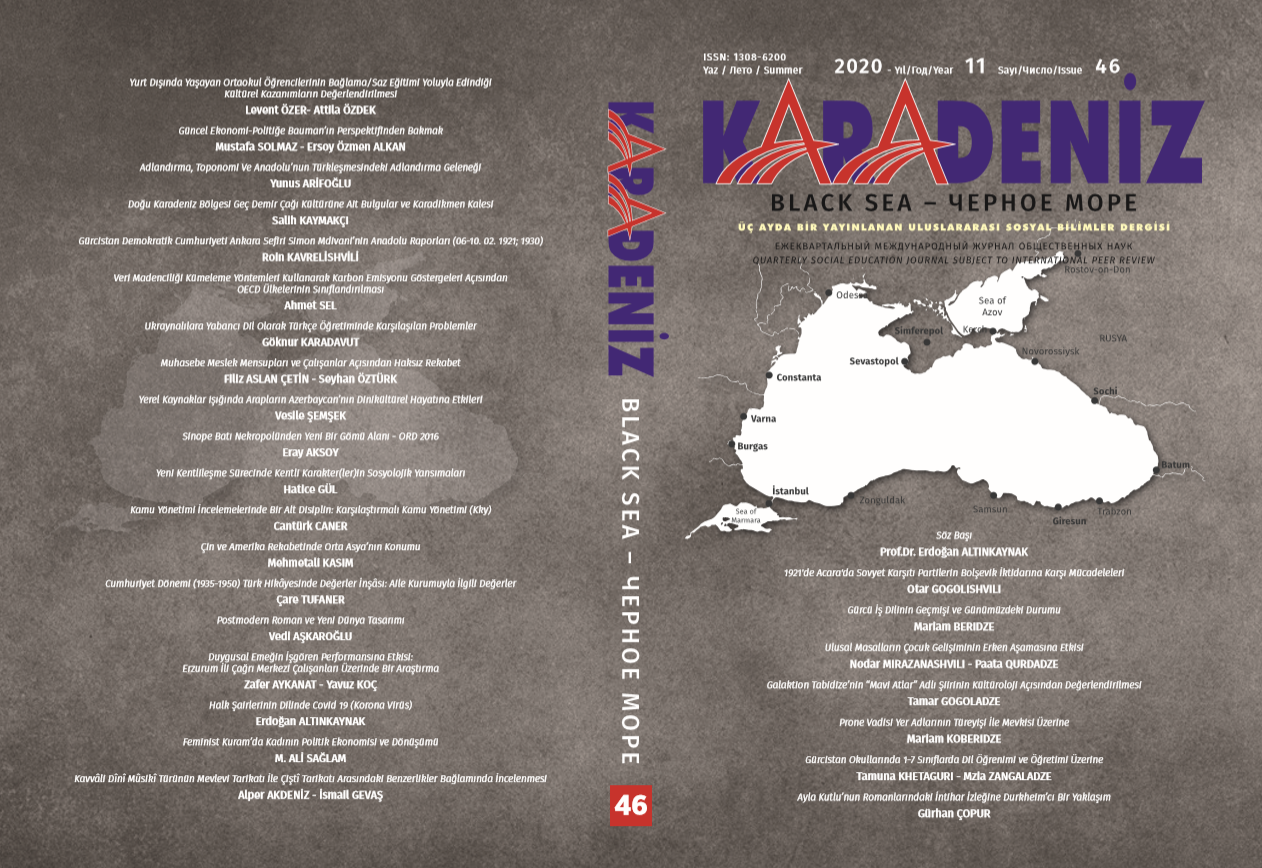
Ayla Kutlu became an important author in Turkish literature after 1980 with her novels and stories. Kutlu, fictionalizes her works in a multi-layered structure by intertwining social and individual elements in her novels. Kutlu's novels focus on inner world of individuals taking part in the social events related to religion, beliefs, gender roles, economic life, customs and conventions of the community they live in. In her novels, the presented social events reflect the political and social atmosphere of Turkey, where protagonists are portrayed in their worldly pursuits. In that sense, the author, who is not indifferent to social issues and conditions of the period, makes her own interpretation of events in almost all her works, which makes them suitable for sociological and psychological analysis. In her novels, suicidal tendency of the characters, who are not able to adapt to the conditions they are depicted in, become excluded and marginalized. Emile Durkheim, who is mainly interested in the suicide phenomenon, regards society as a sociological laboratory mainly responsible for the psychological development of the individual. According to Durkheimian, suicide can be defined as an act in which social phenomena mark individual psychology. Emile Durkheim's theory of suicide is based on experienced cases, which he categorizes according to social causes as: “Egoistic suicide”, “Altruistic suicide”, and “Anomic suicide”. Among the suicide types that Durkheim has classified and distinguished according to their sociological dimensions, “Selfish suicide” cases observed in Ayla Kutlu's novels will be in the center of our study. In our analysis, the actions of the characters who commit/attempt suicide in Ayla Kutlu's “Cadı Ağacı”, “Ateş Üstünde Yürümek” “Kadın Destanı” and “Asi… Asi” novels will be examined within the framework of Emile Durkheim's suicide theory.
More...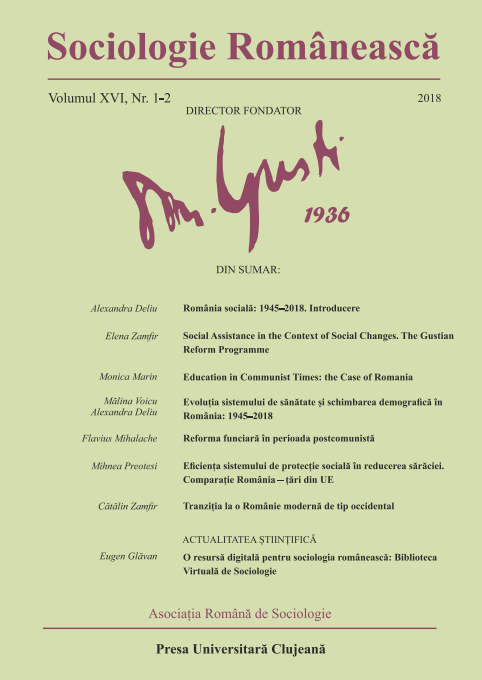
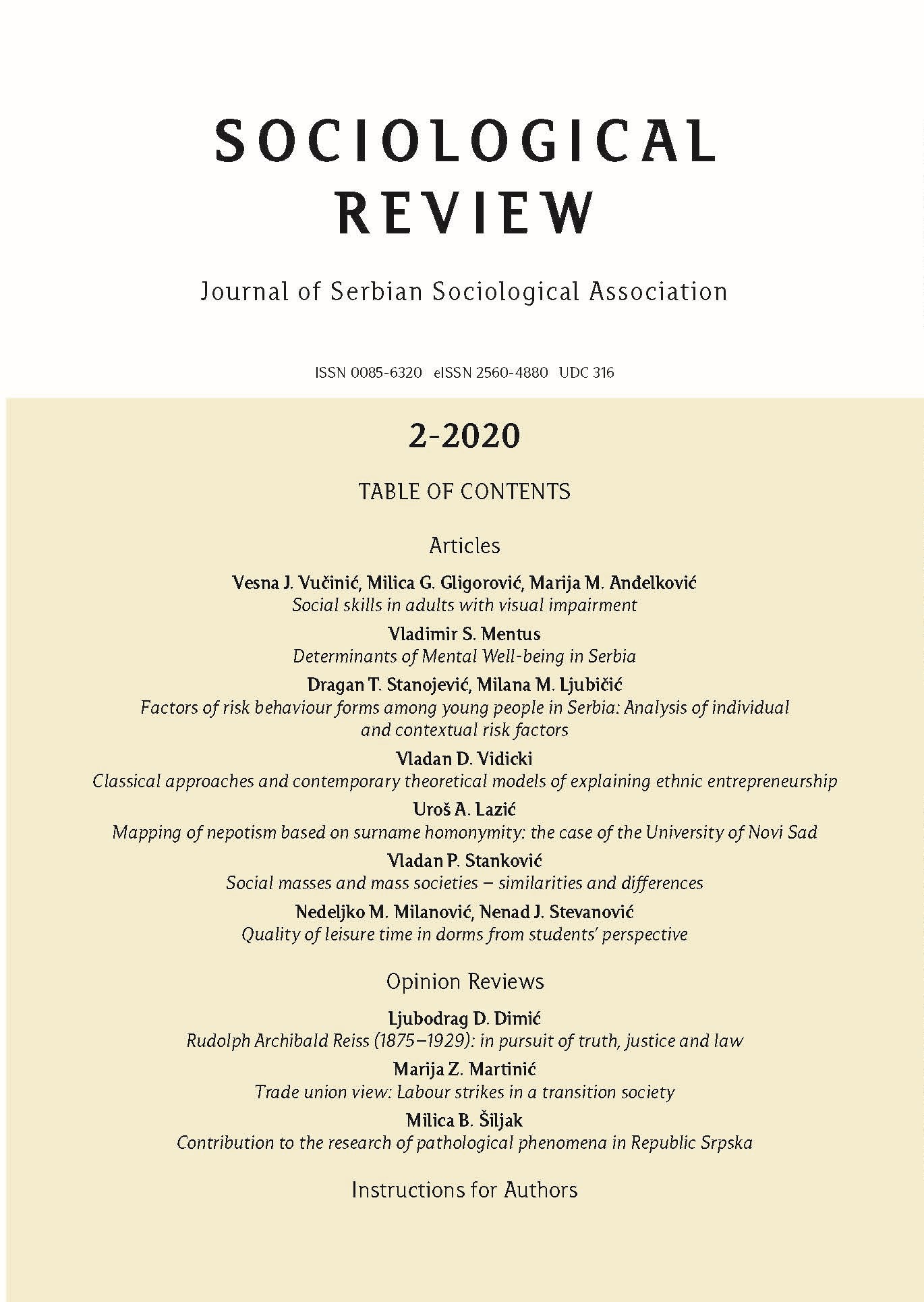
Instead of stone monuments weathered by time, as Branislav Nušić wrote in his literary-memoir work “The year of 1915” (Nušić, 1921) dedicated to the memory of his son who was killed in war, the Serbian nation, it is with the five-volume edition of Reiss’s collected texts (“About the crimes of Austro-Bulgaro-Germans in Serbia 1914–1918”, “War Reports from Serbia 1914–1918”, “About Serbia and Serbs”/ “What I saw and experienced in great days” and “Listen Serbs”) and the texts about Reiss and his oeuvre (“Visionary of the Modern Police” and “Serbs about Reiss”) that the Serbian people and Serbia once again express gratitude to this truth-loving scientist, humanist and friend. Thanks to this, readers will be able to evaluate on their own how this educated and well-versed contemporary – scientist, crime investigator, war correspondent from Serbia – whose “standing point” was quite high, could do and “see” in the era filled with crimes, as well as dynamic and dramatic processes, and how he is judged by the scientists in the decades connecting Reiss with the time we live in.
More...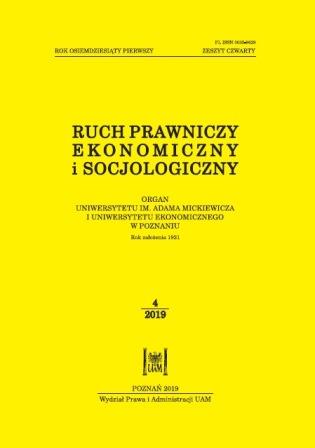
Historical explanations play an important and growing role in regional studies conducted within the framework of Polish sociology. The aim of the article is to assess the scope of the uses of history and to analyse the ways of using it. I attempt to answer the following questions: what is the purpose of using the past in regional studies? What events and phenomena from the past are present in regional analyses? Is there critical reflection on how to use the past? Two areas of regional studies have been distinguished. The first is determined by analyses related to the economic dimension of regional development. The most important issues concern historical backwardness and the problem of the peripheral condition of Polish regions. The second is the study of local identities and local traditions. The past is an important component of local policies and regional discourses. There is growing critical reflection on the use of the past in managing the image of the region and creating new regional identities. References to the past serve various purposes: they justify deterministic visions and describe the durability of regional differences. They are important resources in symbolic games and the foundations of local identities. Recently, there have been new analyses in which the regional past is the subject of sociological and historical research. They search for mechanisms that connect historical institutions and practices with contemporary attitudes and actions.
More...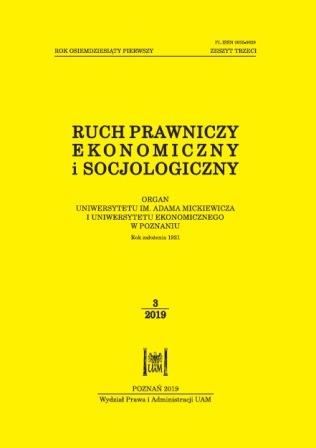
The reflections presented in this article are theoretical in character and focus on a critical reading of the ideas of social control. The starting point is an analysis of the features of intellectual climate, directing the present approach of sociology toward social control. Some hypotheses regarding the embodiment of the instruments and objects of social control are presented. They serve two purposes. Firstly, they are supposed to inspire critical interpretations of known ideas and further inquiries in the investigated domains. Secondly, they are supposed to stimulate further attempts at formulating a theory focused on the complexity of social control. In conclusion to the presented considerations, we present postulates regarding the recapitulation, revitalization and recontextualization of the assumptions and concepts applied in the theory of social control.
More...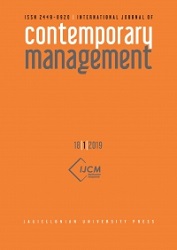
Background. The article draws readers’ attention to the potential significance of works of selected Polish sociologists for the historical approach in Management and Organizational Studies (MOS). The reasons for the lack of interest in history, which is typical of management scholars (except for business historians), are outlined, and the phenomenon of “historical turn” in MOS as a counterpoint of the mentioned phenomenon is discussed. Research aims. The central theme of the article is constituted by the thesis that the “historical turn” cognitively corresponds to the earlier conceptions which were developed by Kazimierz Dobrowolski. The article also highlights the internationally renowned works of Jerzy Zubrzycki and Aleksander Matejko, which are deeply rooted in the Polish historical experience. Methodology. The analysis was based on studies of literature on the subject and the publication of selected sociologists. Key findings. The article shows that that the works of mentioned sociologists offer an integral method assuming a holistic nature of social reality, postulating a combination of functional and historical approaches as well as the use of materials obtained through field research and document studies.
More...